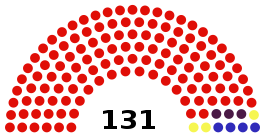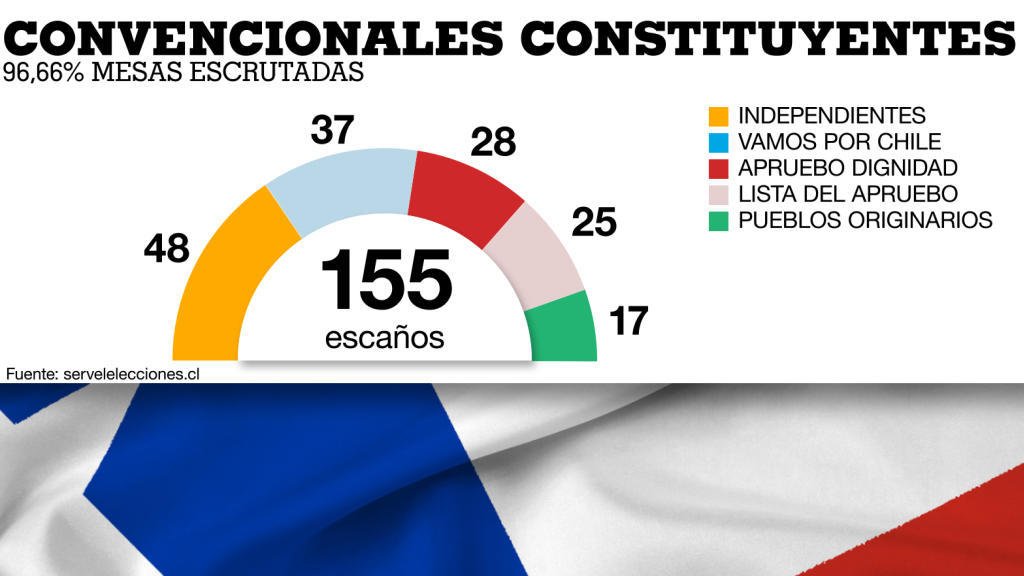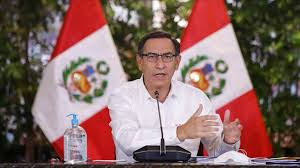Un poco de orden para hablar de #polarización. 1) La polarización existe donde hay pluralismo. Es tan normal como necesaria, pero 2) se vuelve problemática cuando es extrema, y 3) hay distintas formas de polarización... 1/2 

La polarización ideológica refiere a ideas, la afectiva (que está en auge) genera megaindentidades que erosionan la democracia. Muy recomendable este libro de @MarianoTorcal publicado por @CatarataLibros (¡gracias!) 2/2 y va yapa 

• • •
Missing some Tweet in this thread? You can try to
force a refresh

 Read on Twitter
Read on Twitter














